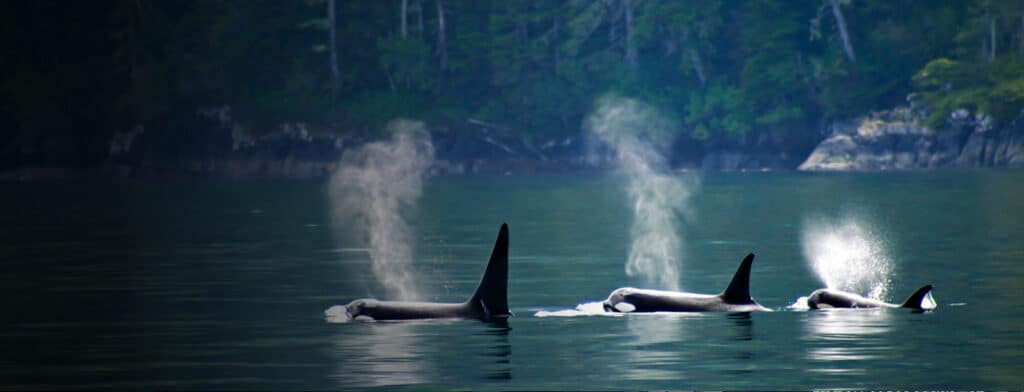
Blog
Search
Issues
Projects
-
World Bank Day of Action
At a World Bank Day of Action protest in Paris, Friends of the Earth France demands, “Free us from fossil fuels!” More pictures here. The climate crisis, driven overwhelmingly by fossil fu…
-
Time to reject a dirty electricity standard
Friends of the Earth joined more than 240 state, local, regional and national groups across the country urging Senate Majority Leader Reid to reject the idea of a so-called “clean electricity sta…
-
Robin Hood Meets Wall Street
Just imagine. Nearly $1.5 trillion changes hands on international currency exchange markets each day, almost all of it through untaxed transactions made by wealthy speculators. What if…
-
Groups Question Role of Oil Lobbyist in State Department’s Review of Tar Sands Oil Pipeline
Friends of the Earth is fighting to secure the Obama administration’s veto on a massive proposed pipeline called the Keystone XL, which would carry extremely polluting tar sands oil from Canada…
-
Ship Shape: No more dumping in the Florida Keys National Marine Sanctuary
The 3,801 square-mile Florida Keys National Marine Sanctuary supports one of the most diverse assemblages of underwater plants and animals in North America – but it has been threatened by ship sewag…
-
New Consumer Genetic Privacy Manual
The consumer is faced with almost daily risks to their genetic privacy from human health a…
-
Keystone XL stories: Ernie Fellows
Ernie Fellows is a 65-year-old retired rancher living in Mills, Nebraska, a remote community that sits atop the Ogallala Aquifer along the South Dakota border. Fellows has spent his entire adult life…